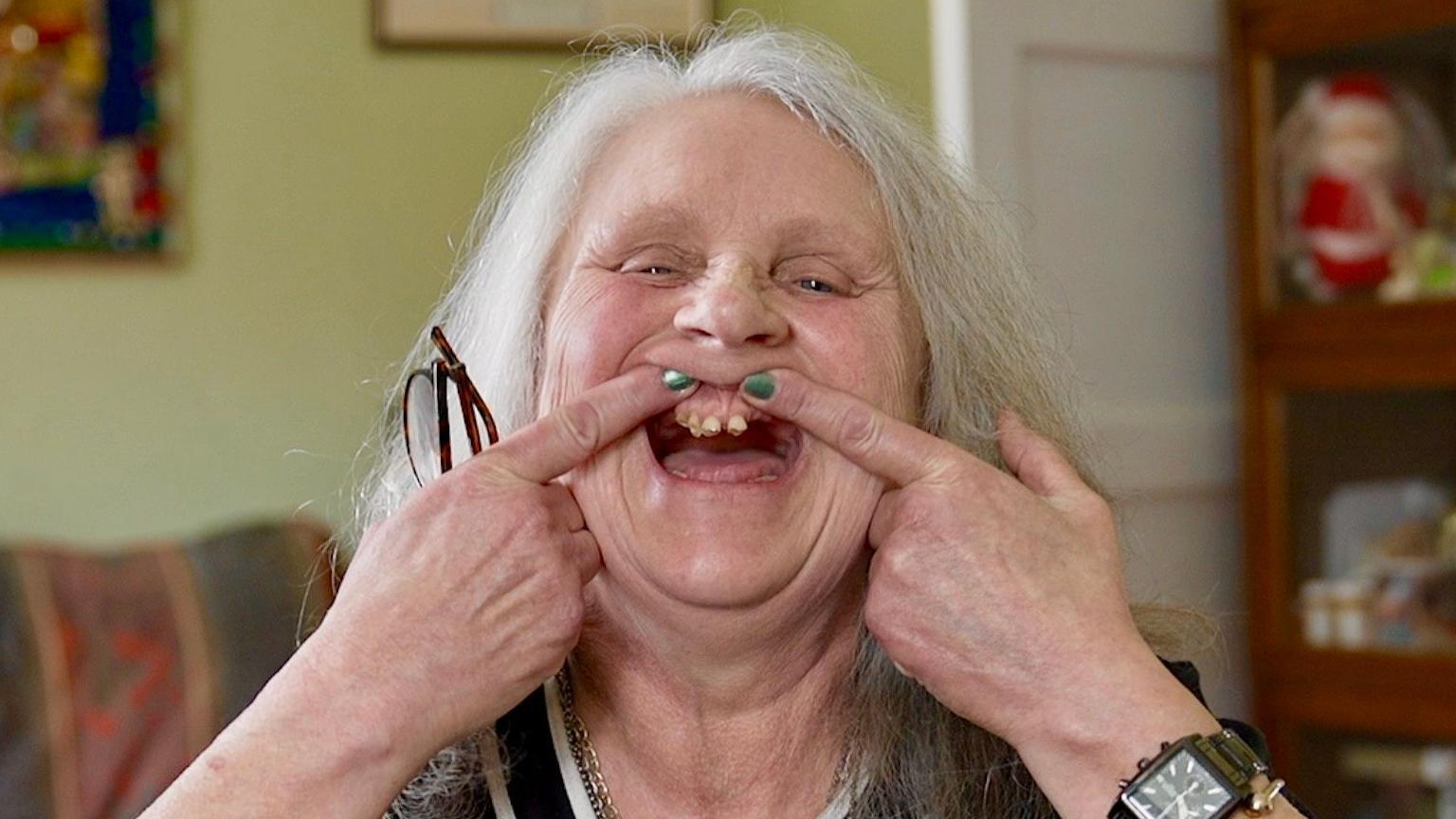What is being done to tackle childhood tooth decay?
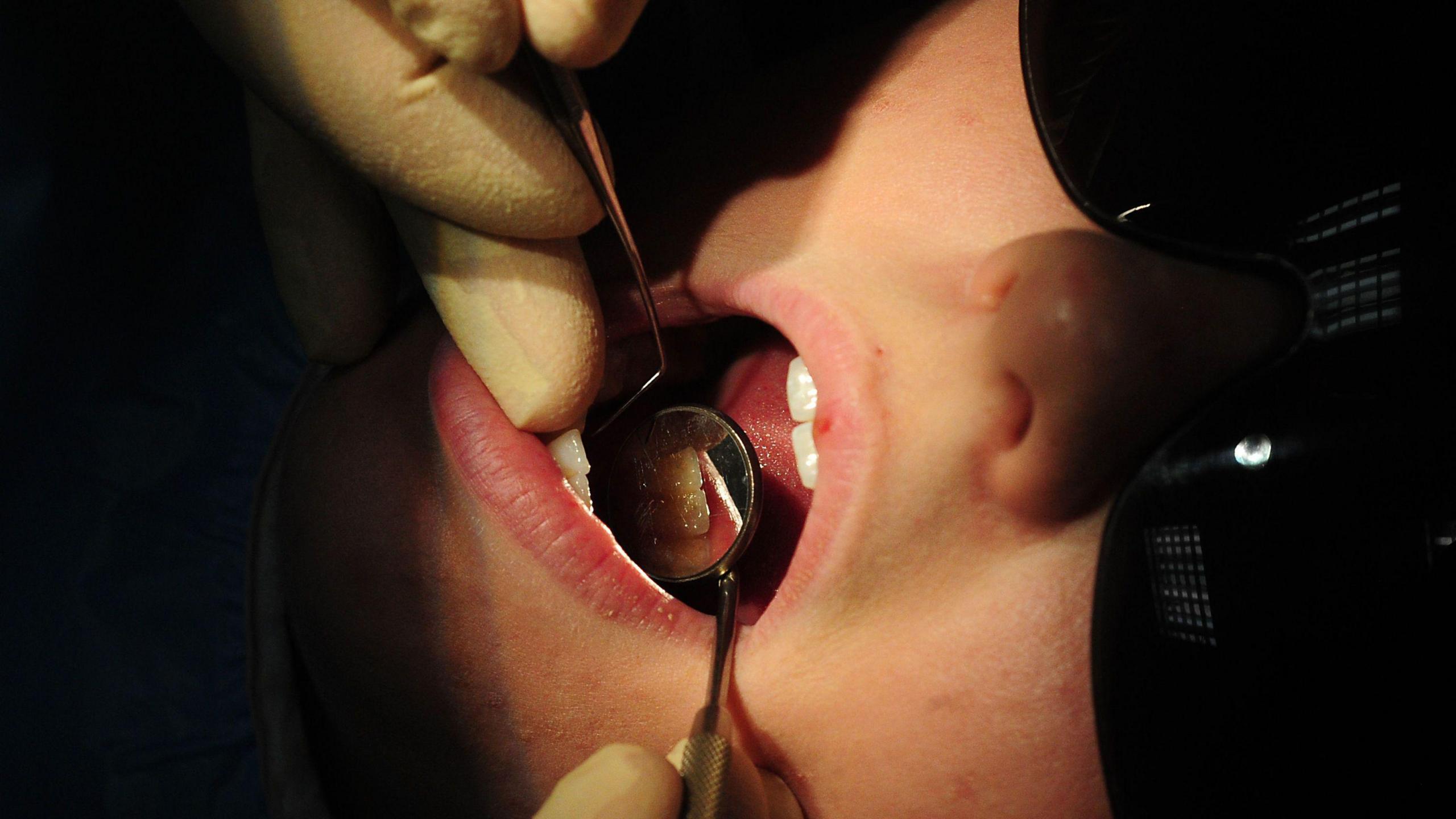
Tooth extraction is still the most common hospital procedure for Liverpool's five to nine-year-olds
- Published
Liverpool's director of public health has vowed to stop the rot when it comes to tooth decay among primary school children amid concerns about a rise in issues.
Professor Matt Ashton told a council meeting that oral health in the city is "not in a good situation".
Nearly half of five-year-olds across the city have "visually obvious dental decay" according to the latest figures released by Liverpool City Council.
Since 2019 there has been a 37% increase in "obvious dental decay" for children.
Professor Ashton said the city would not "let the unacceptable situation" continue.
According to a dental epidemiology survey carried out by Public Health England last year, a fifth of Year 6 children in the city also had visually obvious dental decay.
This is higher than the national average and the average for north-west England.
Tooth extraction is still the most common hospital procedure for Liverpool's five to nine-year-olds.
'Not solved overnight'
Almost nine out of 10 hospital tooth extractions among children aged up to five are due to preventable tooth decay.
Because of this, Prime Minister Sir Keir Starmer visited Alder Hey Children's Hospital in Liverpool earlier this year to talk about his plans to introduce teeth brushing in schools.
Ian Ashworth, director of population health at NHS Cheshire and Merseyside, said that poor oral health was linked to deprivation.
He said being able to access a dentist was also a challenge for many families.
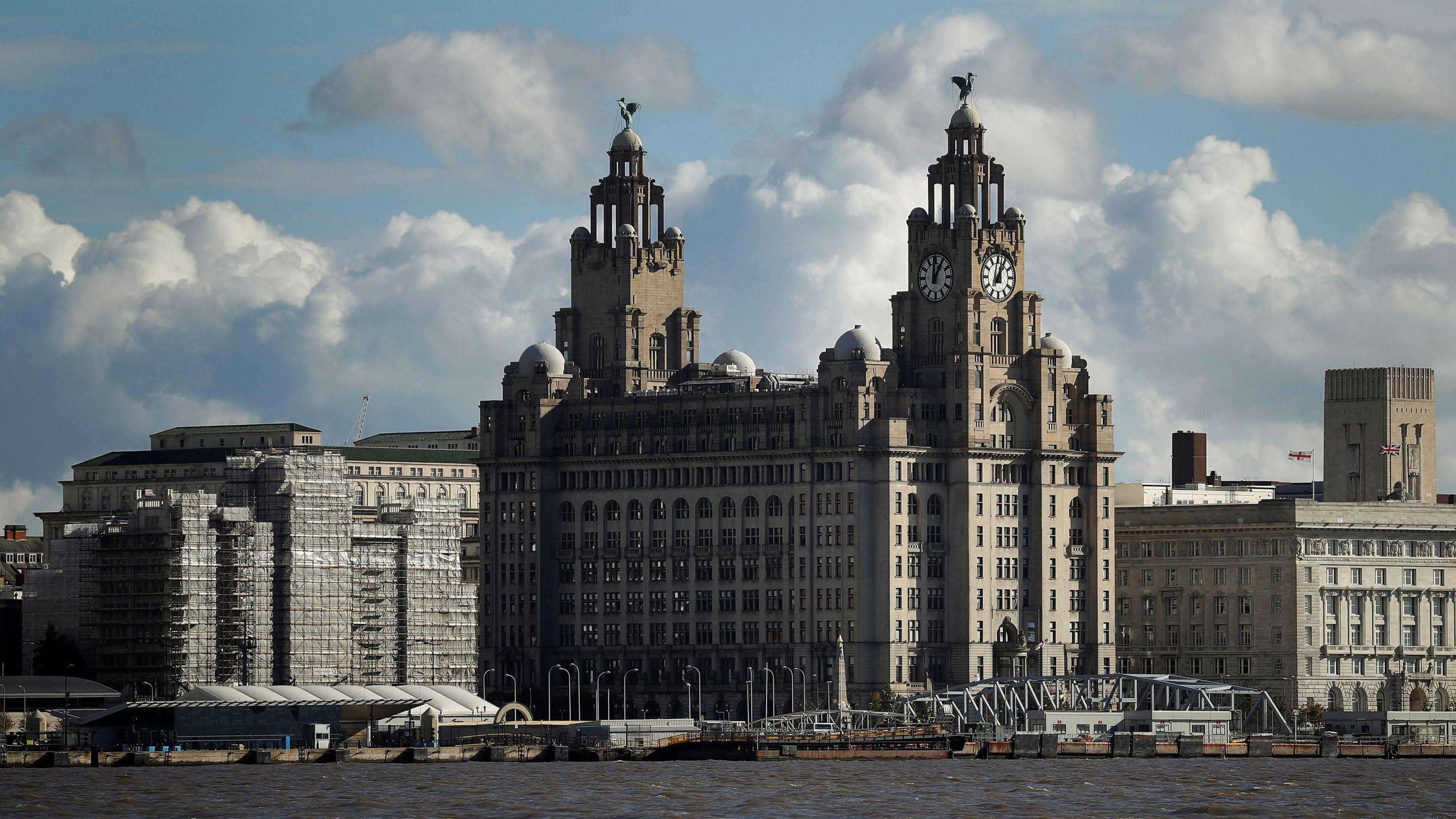
City leaders in Liverpool have pledged to do more to address dental decay in children
"It's well documented the challenges about getting access to dentistry," he added, admitting "that isn't getting solved overnight".
He said his team were working to deliver oral health packs to children in deprived parts of Merseyside and Cheshire alongside other services their parents might access, such as foodbanks.
He said reducing sugar intake and encouraging healthy eating was also important.
In the year to June this year, almost 60% of children in Liverpool had been seen by a dentist in the previous 12 months and 36% of the adult population were seen in the previous 24 months.
'Unacceptable situation'
A council report said there were various barriers to accessing dental provision including costs, lack of availability of services and services not commissioned based on local needs.
The numbers of people contacting Healthwatch Liverpool, an independent advocacy group for people who use health and social care services, about their difficulty getting dental treatments also increased by 354% between April 2021 and March 2022.
Prof Ashton admitted access to dental services "isn't great" but said work was being carried out locally including providing toothbrush and toothpaste packs for the most deprived communities, as well as supervised toothbrushing schemes and dental screening in 10 schools across Liverpool and Knowsley each year.
Last month children across Liverpool took part in Sugar Awareness Week, and pupils received Save Kids From Sugar water bottles, to encourage them to drink water.
Other measures include fluoride varnish being applied to all children twice a year when visiting the dentist, which increased to three times for those deemed high risk.
However, this relies on the child attending the dentist in the first place.
Prof Ashton said: "There are things we can and are doing locally, there are also things that need to happen in terms of more general NHS dental contract reform but we're not going to sit back and let the unacceptable situation in dental health apply to our citizens so we're going to work really, really hard to address this situation."
Listen to the best of BBC Radio Merseyside on Sounds and follow BBC Merseyside on Facebook, external, X, external, and Instagram, external. You can also send story ideas to northwest.newsonline@bbc.co.uk, external
Related stories
- Published1 November 2024
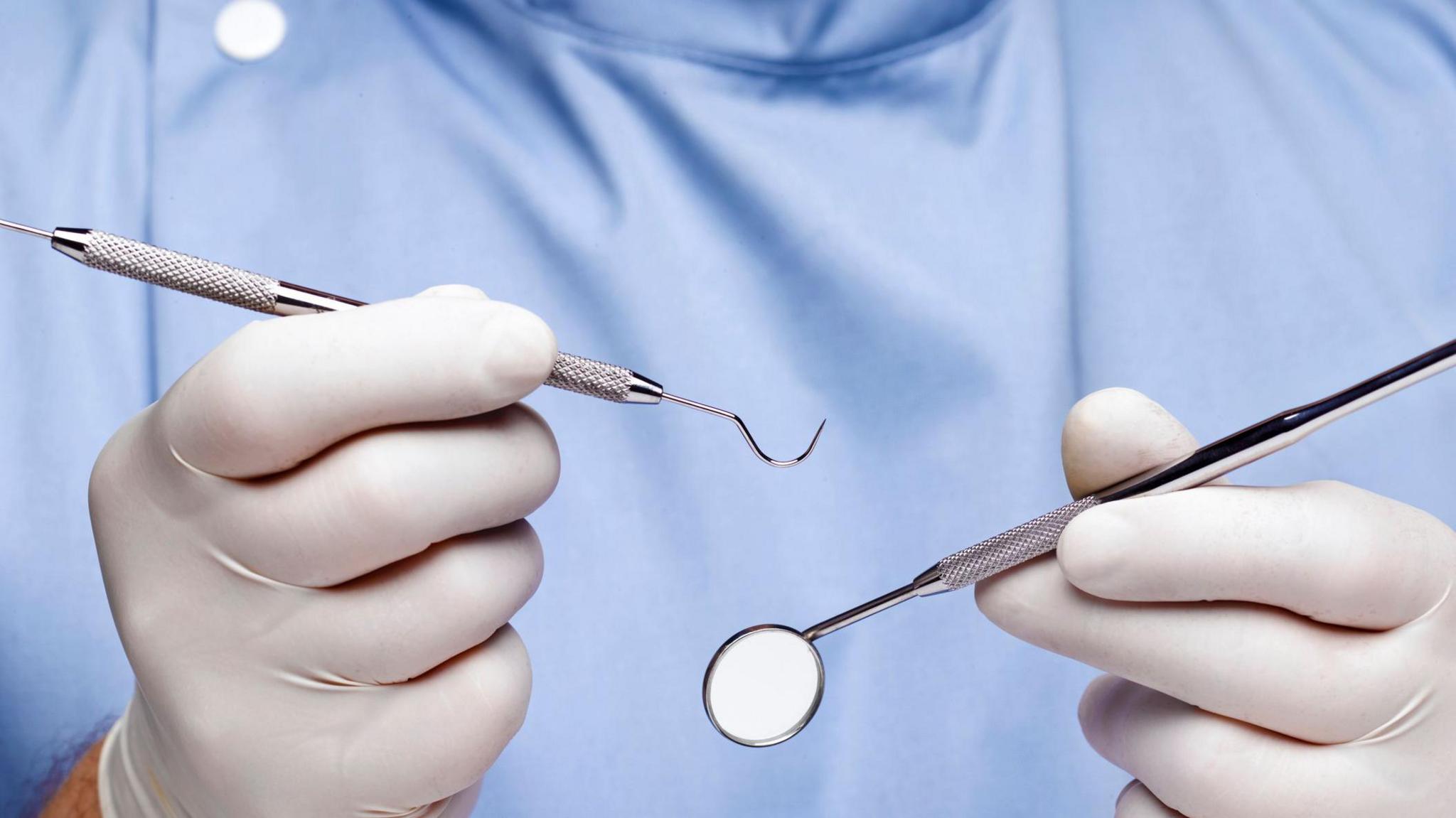
- Published7 February 2024
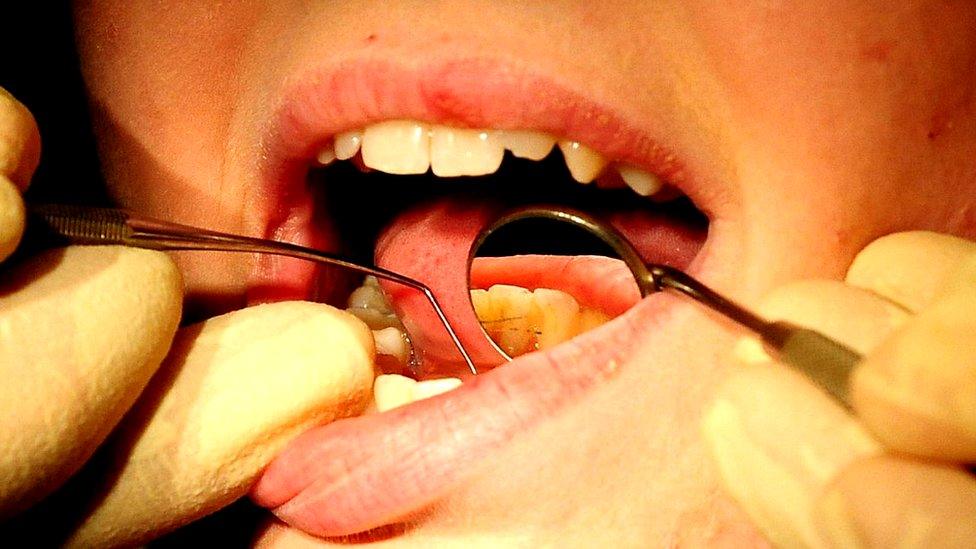
- Published11 November 2024
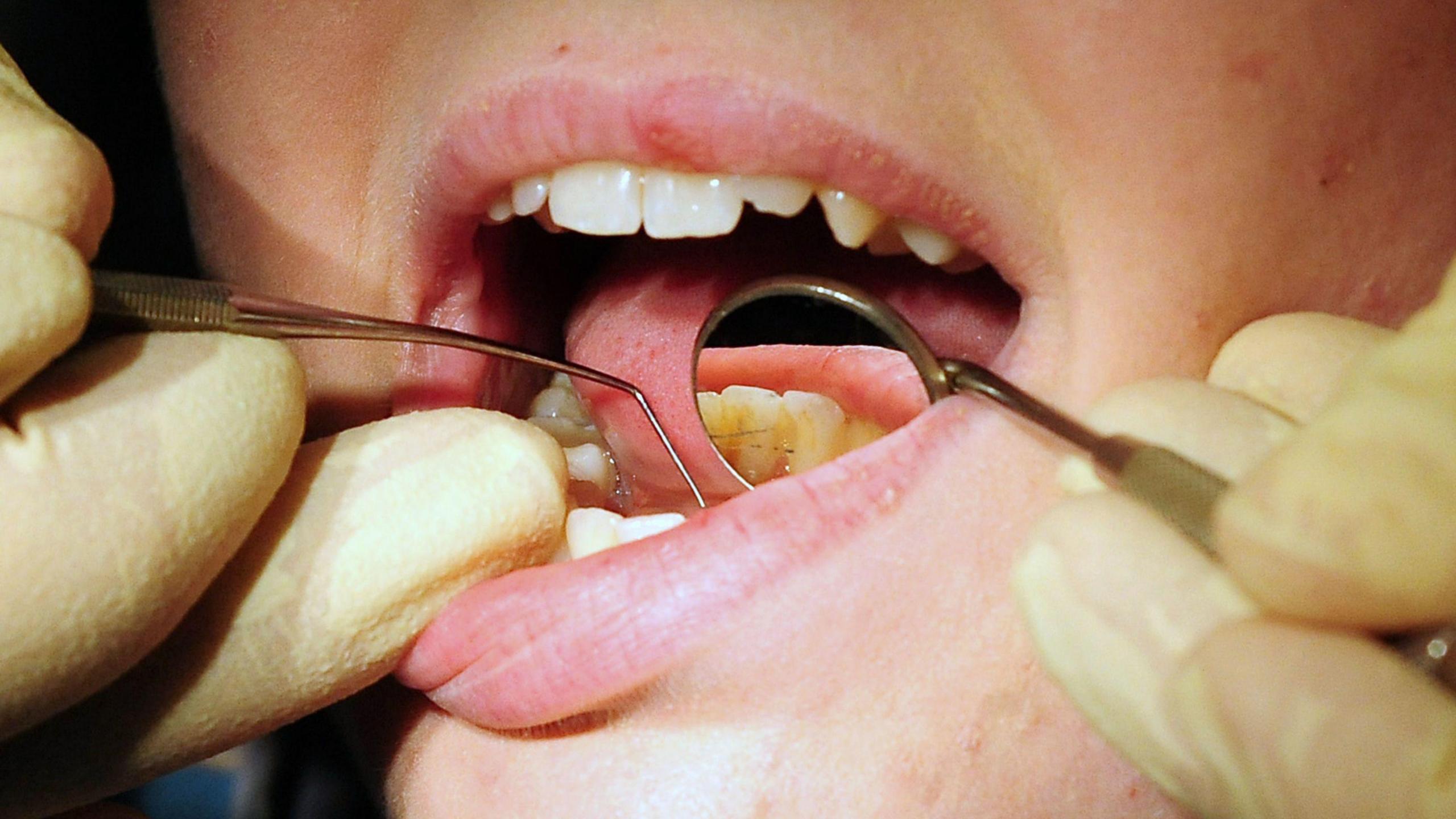
- Published26 June 2024
